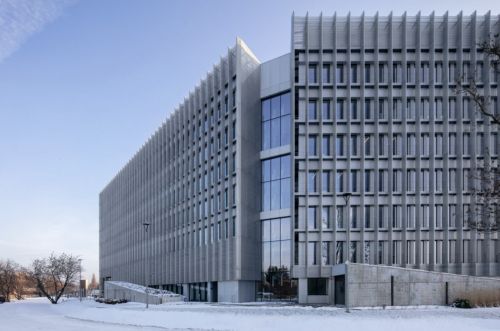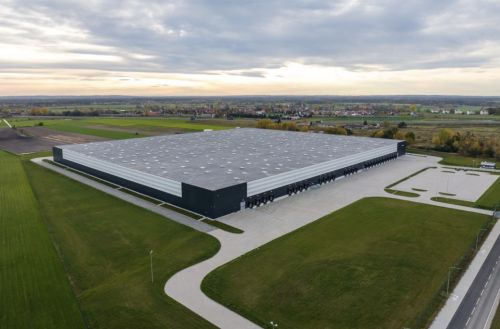Erika Loska, head of office division at Knight Frank in Budapest: Budapest has been missing from the Knight Frank map till now, although we have had several deals on the market and continuous requests. As soon as the economic crisis ended, or better said, after the country started its recovery, it became obvious that there was great potential in the Budapest market. The growth was continuous and the market stable, so all the circumstances were ideal. We just needed to find the perfect team to start it off.
Hungary is one of the larger markets in the CEE region where many of your competitors set up earlier than yourselves. How do you intend to now make your presence felt on the market? What advantages can you offer over those who are longer established in the country?
The Hungarian market’s strength does not necessarily lie in its size within the region. Obviously competition is strong on the market and we do not see this as a disadvantage in our sector. Competition is good: it





























































